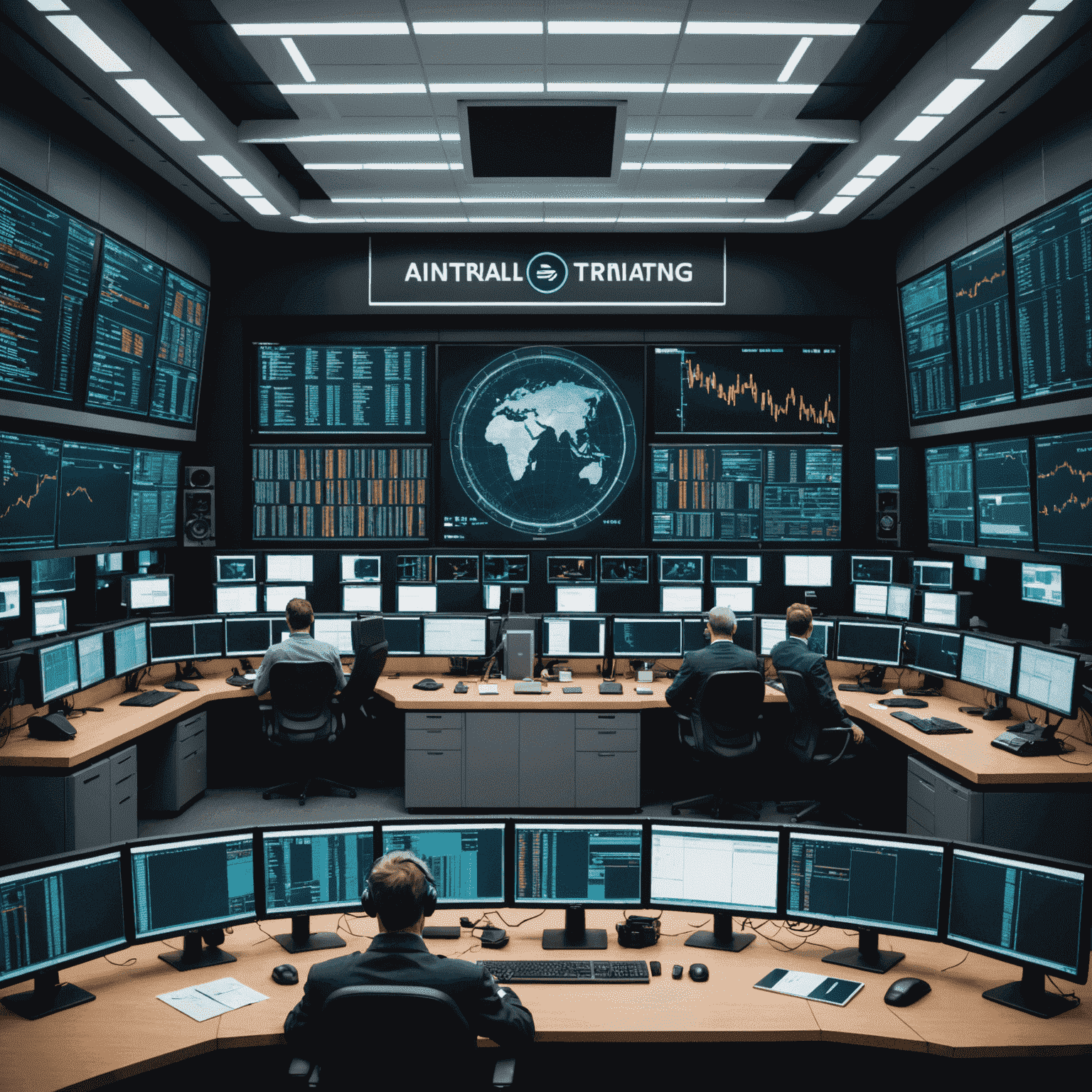AI Trading Fundamentals
In the rapidly evolving landscape of financial markets, artificial intelligence (AI) has emerged as a game-changing force, revolutionizing trading strategies and reshaping the way we approach investment decisions.

The Rise of AI in Trading
AI-driven trading systems are capable of processing vast amounts of data at unprecedented speeds, identifying patterns and trends that human traders might overlook. These systems leverage machine learning algorithms to continuously adapt and improve their strategies based on market conditions.
Key Components of AI Trading
- Machine Learning Algorithms
- Natural Language Processing
- Predictive Analytics
- High-Frequency Trading
Impact on Modern Financial Markets
The integration of AI in trading has led to increased market efficiency, reduced human error, and the ability to capitalize on micro-trends. However, it also raises questions about market stability and the potential for AI-driven market manipulation.

Challenges and Considerations
While AI trading offers numerous advantages, it's not without its challenges. Ethical considerations, regulatory compliance, and the need for human oversight remain crucial factors in the successful implementation of AI trading strategies.
The Future of AI Trading
As AI technology continues to advance, we can expect even more sophisticated trading systems that can analyze complex market dynamics, predict future trends with greater accuracy, and potentially revolutionize the very nature of financial markets.
Note: The field of AI trading is rapidly evolving. Stay informed about the latest developments and consider consulting with financial experts before implementing AI-driven trading strategies.